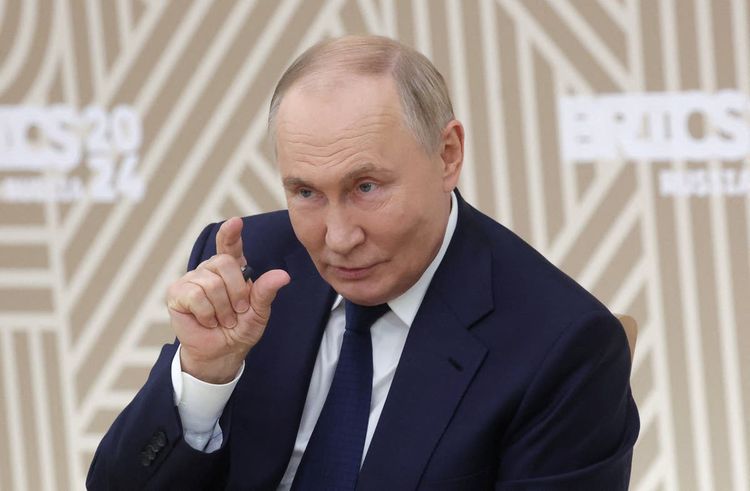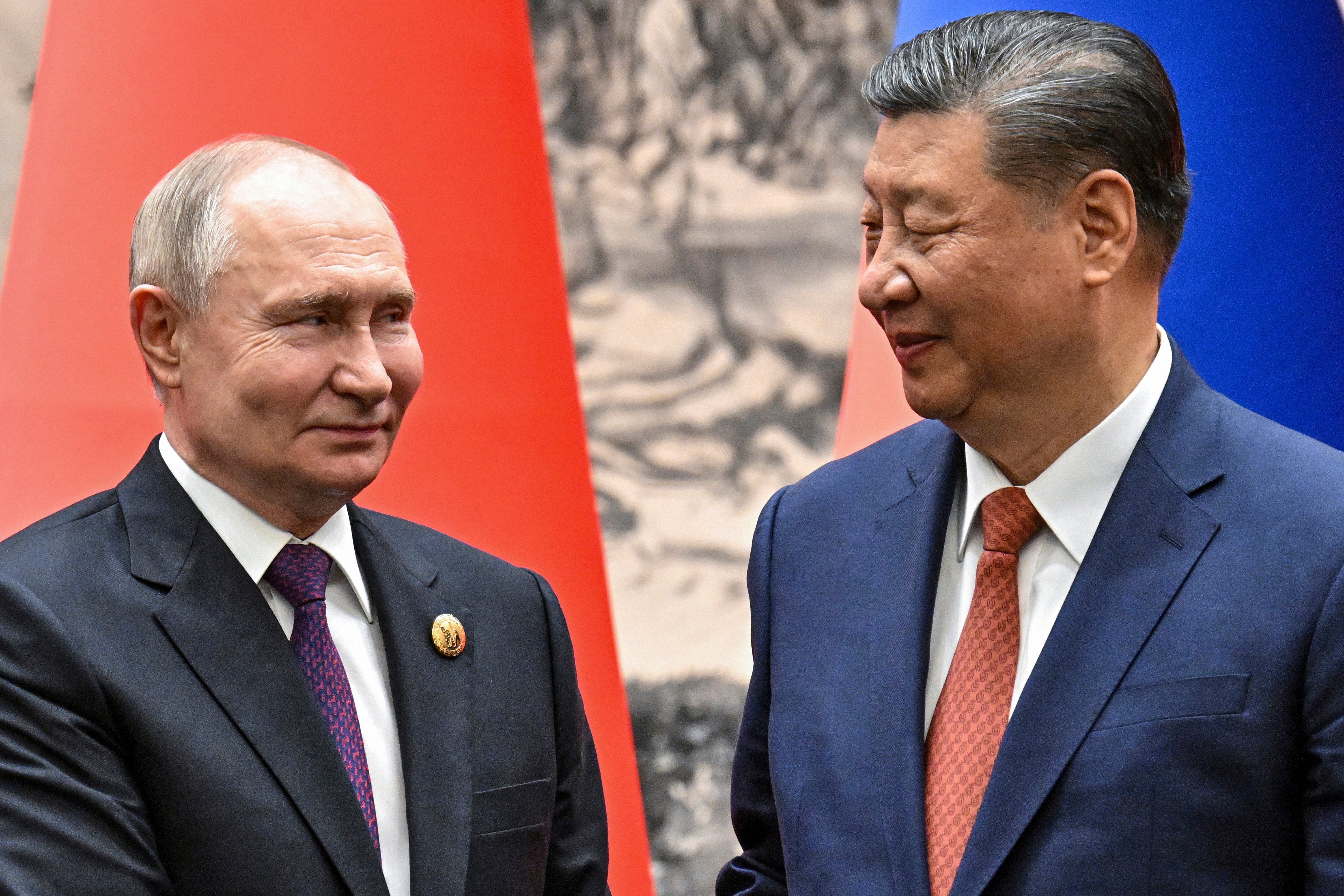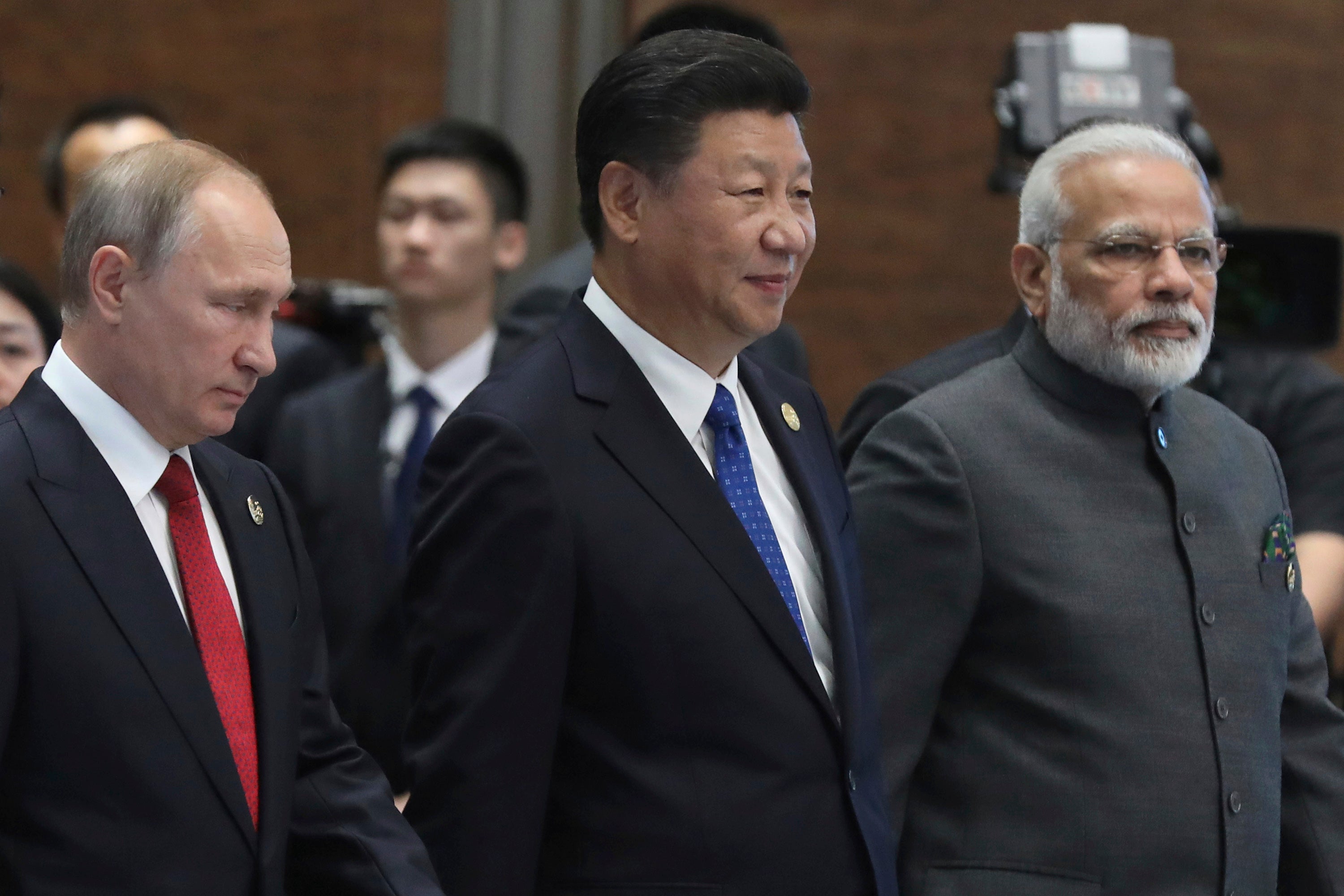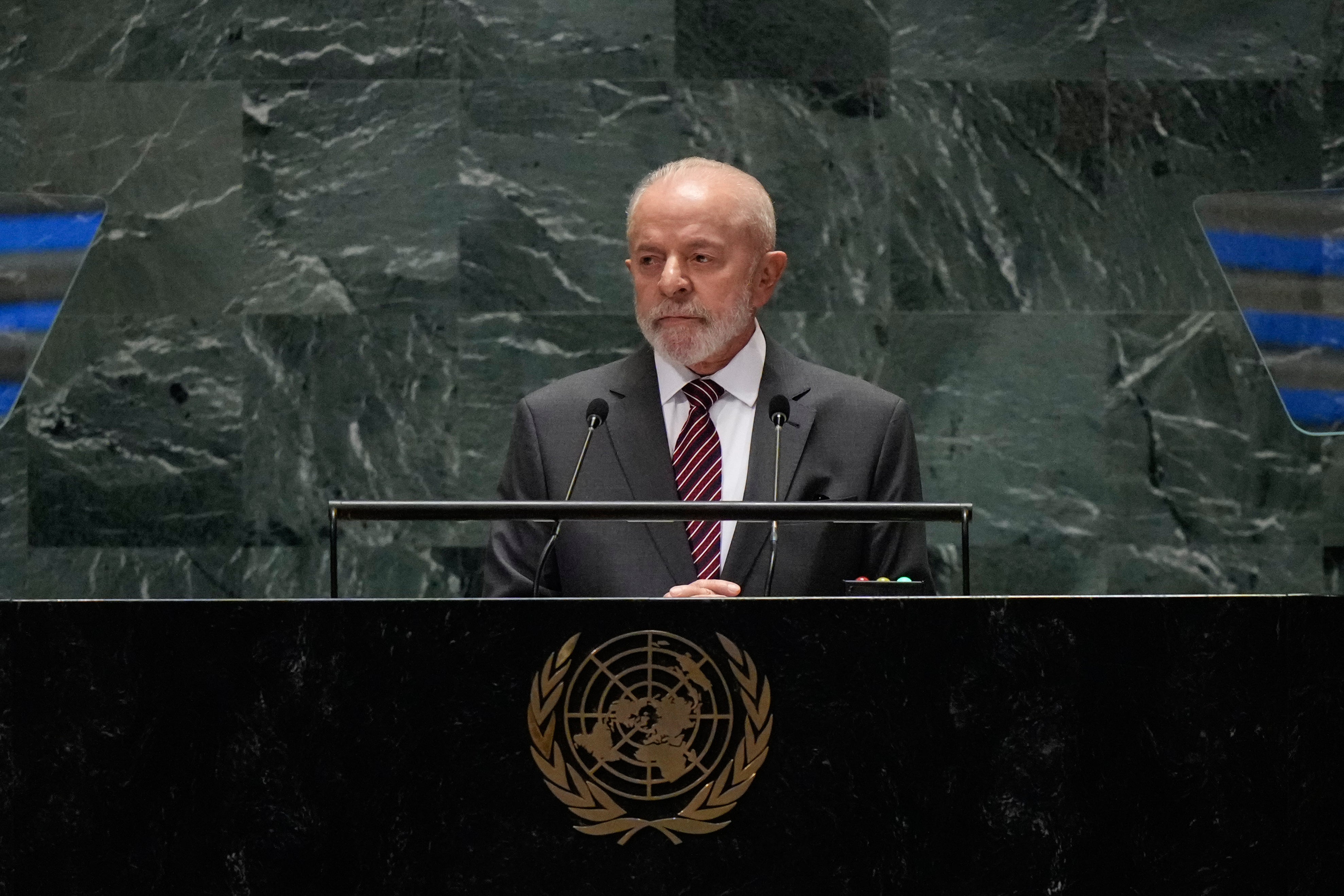Who is going to Brics summit in Russia – and who has dropped out

Sign Up For Free Real-Time News Alerts!
Subscribe For Free Breaking News Alerts
Leaders from the world's leading emerging economies are starting to arrive in Kazan, a city in western Russia, for the 16th Brics summit. This is the first meeting of the group since it expanded last year, and President Vladimir Putin will be hosting the event.

The three-day summit kicks off on Tuesday and will feature representatives from 33 countries, including 24 at the leadership level, according to reports from Russian media.
Mr. Putin, who is sought by the International Criminal Court for purported war crimes in Ukraine, will be seen greeting several global leaders, including Xi Jinping from China, Narendra Modi from India, Recep Tayyip Erdogan from Turkey, and Iran’s new president, Masoud Pezeshkian.
BRICS, which started as a diplomatic group including Brazil, Russia, India, China, and South Africa, positions itself as an alternative to the G7, which is primarily influenced by Western nations. Over the years, it has gained significant global interest, and the recent summit drew a level of attention that hasn't been seen since the organization was established 15 years ago.
Previously seen as a casual grouping of various developing economies, Brics has evolved into a more defined organization in recent years. This transformation was largely fueled by China, with further momentum from Russia following the onset of the Ukraine conflict in February 2022.
Last year, the group marked a significant milestone by welcoming Iran, the UAE, Ethiopia, and Egypt as new members. Since then, additional countries have shown interest in becoming part of the coalition, which could enhance its economic power.

The Chinese foreign ministry announced on Friday that President Xi will attend the meeting in Kazan. He is set to take part in the leaders' summit as well as several discussions with experts, where he will engage with other heads of state on global issues.
Even with its continuing economic difficulties, China is still the driving force behind Brics, contributing roughly 70 percent of the group's total GDP in 2022.
Mao Ning, a spokesperson for the ministry, stated that China is eager to collaborate with all involved to enhance Brics cooperation. This aims to foster a new age of togetherness and independence among countries in the Global South, while also collectively advancing peace and development around the globe.
India is sending Prime Minister Modi to the summit, marking an important event for the country's diplomatic efforts. Since the beginning of the war in Ukraine, New Delhi has managed to keep strong diplomatic relations with Russia while simultaneously seeking to enhance its trade relationships with Western nations.
The summit presents a chance for Mr. Xi and Mr. Modi to connect during their ongoing tensions regarding the disputed border between their nations, although no official bilateral meeting has been scheduled at this point. Just before the summit kicked off on Monday, India's foreign ministry revealed that an agreement has been made concerning troop patrols and the withdrawal of forces at the border.

Cyril Ramaphosa, the President of South Africa and the organizer of the last summit, will head a sizable group in Kazan, according to the country's representative, Mzuvukile Maqetuka. The representative emphasized the importance of the 2024 summit, describing it as "very significant."
Leaders from Egypt, Ethiopia, Belarus, Armenia, Kazakhstan, Mongolia, Bolivia, Congo, and Laos are also expected to be present.
President Mohamed Bin Zayed Al Nahyan of the UAE has arrived in Russia and had a meeting with Mr. Putin during the summit.
Brazil's President Luiz Inacio Lula da Silva, a key founding member of Brics, has called off his visit to Russia due to an urgent medical situation.
In an interview with GloboNews, Mr. Lula's doctor, Roberto Kalil, mentioned that the president had a fall that resulted in significant trauma to the back of his head. This injury required stitches and led to a minor brain hemorrhage.
According to his office, he will join the Brics meeting through a video call.
Mr. Lula is set to host the upcoming G20 leaders' summit later this year, but Mr. Putin will not be attending due to the arrest warrant issued by the International Criminal Court against him.
The growth of Brics is viewed as a success for Mr. Xi, as he aims to enhance Beijing's influence on the global stage by engaging with countries that have similar perspectives on America's dominance in international matters.

South Africa has supported Mr. Xi's efforts, but India has been more cautious. They're concerned that a larger, more powerful alliance might increase Beijing's influence and allow it to promote its own interests. Brazil, too, has expressed doubts while keeping strong relationships with Western countries.
During a conference with media representatives from BRICS countries, Mr. Putin expressed his strong belief that the growth of BRICS will enhance the group's appeal, global impact, and credibility. He noted that this trend is already in motion.
Mr. Putin stated that over 34 nations have shown interest in joining the coalition, including Malaysia, Thailand, Nigeria, Bolivia, and surprisingly, Turkey, which is a member of NATO, among those waiting to join.
Key Focus Areas For BRICS 2024
Moving away from the US dollar as the primary currency for global trade, often called dedollarization, has been a key focus for the group. During the summit led by Mr. Putin, there are plans to change the international monetary and financial system as a top priority, aiming to reduce the effects of Western sanctions, such as those placed on Russia following its invasion of Ukraine.
As the leader of the group, Russia has suggested creating the Brics Cross-Border Payment Initiative. This initiative will enable member countries to conduct trade using their own national currencies.
BRICS countries have proposed establishing a different messaging system to avoid using the SWIFT interbank communication network. Since SWIFT is managed by the US, it is subject to Western sanctions, which makes this alternative appealing.









































